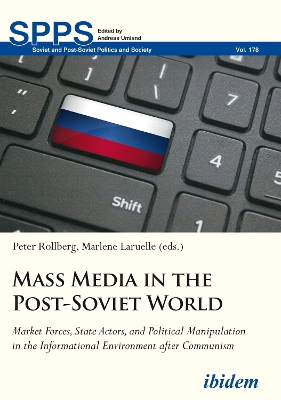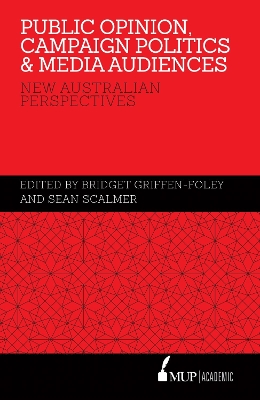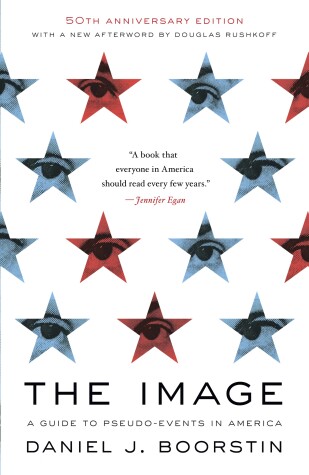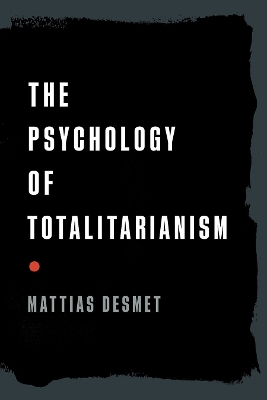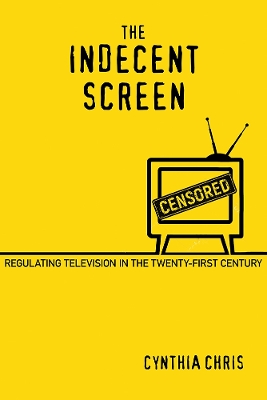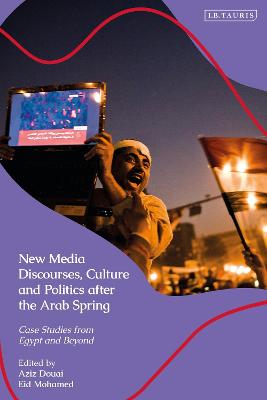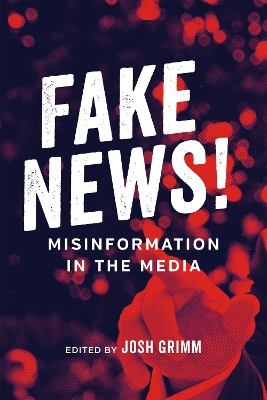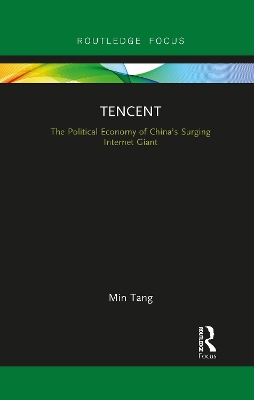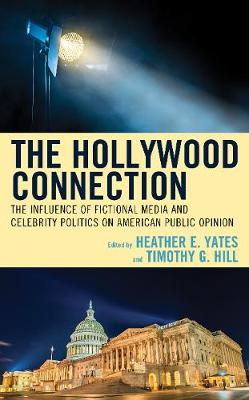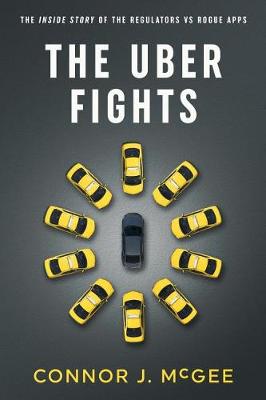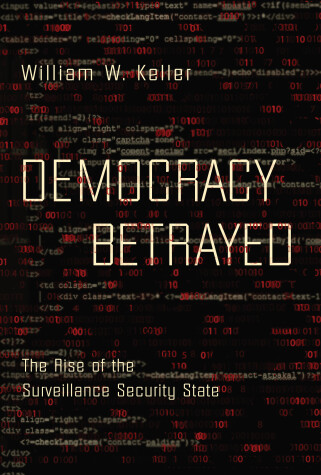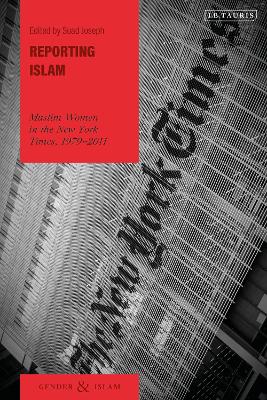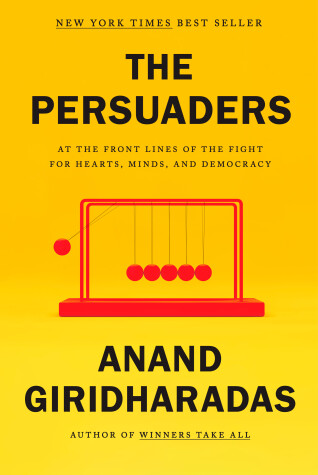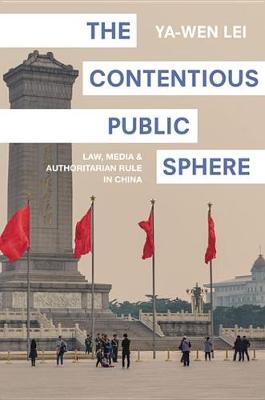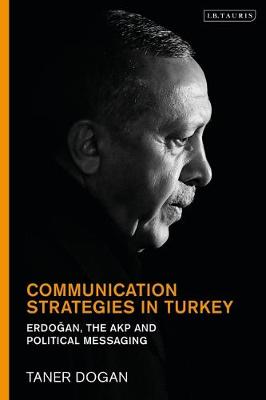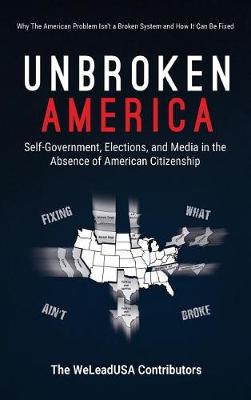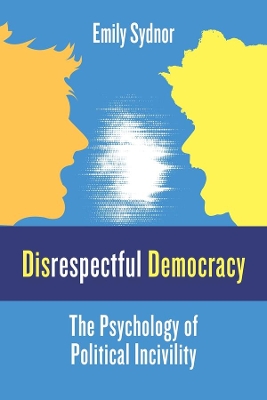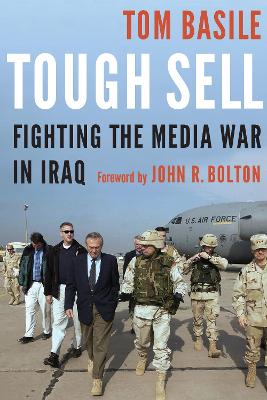Mass Media in the Post-Soviet World (Soviet and Post-Soviet Politics and Society)
by Marlene Laruelle
This publication tackles strategies for bridging the widening gap between the EU and its citizens. It focuses on new theoretical and empirical frameworks about EU media frames and narratives, political discourse and citizens' perceptions in order to promote a critical, yet constructive approach to the role of communication in the process of European integration. It has been acknowledged that the least problem the EU has is a communication problem. Communication is largely ineffective against a r...
This timely book investigates the fascinating landscape of media-driven politics through the prisms of 'public opinion', political campaigning, and audiences. From Indigenous voting rights and climate change to talkback radio and right-wing populism, Public Opinion, Campaign Politics & Media Audiences showcases new research in political science, history and media studies. Contributors scrutinise the relationship between polls, party policy and voting behaviour, and evaluate the roles of oratory...
First published in 1962, this wonderfully provocative book introduced the notion of “pseudo-events”—events such as press conferences and presidential debates, which are manufactured solely in order to be reported—and the contemporary definition of celebrity as “a person who is known for his well-knownness.” Since then Daniel J. Boorstin’s prophetic vision of an America inundated by its own illusions has become an essential resource for any reader who wants to distinguish the manifold deceptions...
‘The most important book of 2022.’ Dr. Robert Malone Desmet’s work on mass formation theory was brought to the world’s attention on The Joe Rogan Experience and in major alternative news outlets around the globe. Read this book to get beyond the sound bites! In The Psychology of Totalitarianism, world-renowned Professor of Clinical Psychology Mattias Desmet deconstructs the societal conditions that allow collective hypnosis to take hold. By analysing the global pandemic, he identifies the phen...
The theoretical goal of the research presented in this book was to include elements of social network analysis into the classical neo-institutional theories of the government coalition formation process. The empirical goal was to verify the benefits and accuracy of this modified analytical model in the analysis of three deviant government coalition formation cases: in Canada (2008), Great Britain (2010) and New Zealand (2017). The authors reconstruct the institutional framework and visualise the...
The Indecent Screen explores clashes over indecency in broadcast television among U.S.-based media advocates, television professionals, the Federal Communications Commission, and TV audiences. Cynthia Chris focuses on the decency debates during an approximately twenty-year period since the Telecommunications Act of 1996, which in many ways restructured the media environment. Simultaneously, ever increasing channel capacity, new forms of distribution, and time-shifting (in the form of streaming a...
New Media Discourses, Culture and Politics after the Arab Spring
This book investigates the interplay between media, politics, religion, and culture in shaping Arabs' quest for more stable and democratic governance models in the aftermath of the "Arab Spring" uprisings. It focuses on online mediated public debates, specifically user comments on online Arab news sites, and their potential to re-engage citizens in politics. Contributors systematically explore and critique these online communities and spaces in the context of the Arab uprisings, with case studie...
Fake News! (Media and Public Affairs)
Whether used as a political tactic to discredit news stories and media outlets, or as a description of false information manufactured and circulated for profit, the term ""fake news"" holds a particularly caustic sway in twenty-first-century society. A frequent subject of cable news broadcasts, periodical coverage, and social media chatter, and a constant talking point for political pundits, its impact spans from shaping minor differences in partisanship to influencing elections. In Fake News! J...
In this book, author Min Tang examines the political economy of the China-based leading global Internet giant, Tencent. Tracing the historical context and shaping forces, the book illuminates Tencent’s emergence as a joint creation of the Chinese state and transnational financial capital. Tencent reveals interweaving axes of power on different levels, particularly interactions between the global digital industry and contemporary China. The expansion strategies Tencent has employed—horizontal a...
The Hollywood Connection: The Influence of Fictional Media and Celebrity Politics on American Public Opinion is one of the first edited volumes offered in the political science discipline on the effects of fictional media and celebrity on public opinion, and synthesizes many niche areas of research into single text. Additionally, it emphasizes the importance of acknowledging a shift in academic focus away from the lateral interactions between celebrities and politicians (and in some cases celebr...
Cuba's Digital Revolution (Reframing Media, Technology, and Culture in Latin/O America)
Sore Winners: American Idols, Patriotic Shoppers, and Other Strange Species in George Bush's America
by John Powers
Politics and culture, culture and politics. They’ve never been normal in America, but today they’re weirder than ever. Millionaire populists like Bill O’Reilly and Michael Moore dominate a political scene spinning ever further from the real world; meanwhile, we look to bizarre experiments like “Survivor” for our daily dose of reality.In this wonderfully acerbic tour through our increasingly unhinged culture, John Powers takes on celebrities and evangelicals, pundits and politicians, making sense...
A vital and important look at the rise of a security state that is transforming the nature of our democracy In the aftermath of 9/11, in lockstep with booming technological advancements, a new and more authoritarian form of governance is upplanting liberal democracy. The creation of the Security Industrial Complex — an “internal security state–within–the–state” fueled by tech companies, private security firms, and the Intelligence Community to the tune of $120 billion a year — is intruding o...
Charlottesville. Pittsburgh. New Zealand. The threat of real-world violence from hateful extremism is growing. In the wake of these and other attacks, there is an increasing public outcry for governments, tech companies, and others to address the deadly effects of hate-inspired violence. As extremists and hate groups become savvier at mobilizing through social media, there will be ever more intense calls for stronger, swifter responses. Yet these responses must be based on research and data, rat...
Reporting Islam (Gender and Islam)
Reporting Islam examines the coverage of Muslim women in the New York Times over a 30 year period, from 1980-2011. The analysis addresses the nature of the coverage; whether there are parallels in the depiction of Muslim women from the Middle East and South Asia and with the US government policies toward these countries; and the relationship between feminism in the US and the representation of Muslim women in the US. At a time when women often become the iconic representatives of their nat...
An insider account of activists, politicians, educators, and everyday citizens working to change minds, bridge divisions, and fight for democracy—from disinformation fighters to a leader of Black Lives Matter to Bernie Sanders and Alexandria Ocasio-Cortez and more—by the best-selling author of Winners Take All and award-winning former New York Times columnist “Anand Giridharadas shows the way we get real progressive change in America—by refusing to write others off, building more welcoming...
The Contentious Public Sphere (Princeton Studies in Contemporary China, #2)
by Ya-Wen Lei
The Turkish President Recep Tayyip Erdogan is known for his populist Islamist ideology, charismatic personality, and for ushering in new forms of communication strategies in Turkey. The key tools in Erdogan's political communication repertoire include religious, cultural and historic symbols and imagery. From engaging Israel to the Gezi Park protests, from the Arab uprisings to the July 2016 coup attempt, every key moment in Turkey's recent history has heralded a change in Erdogan's rhetoric. Co...
The majority of Americans think that politics has an “incivility problem” and that this problem is only getting worse. Research demonstrates that negativity and rudeness in politics have been increasing for decades. But how does this tide of impolite-to-outrageous language affect our reactions to media coverage and our political behavior? Disrespectful Democracy offers a new account of the relationship between incivility and political behavior based on a key individual predisposition—conflict o...
Like the War on Terror, the Media War rages on. More than ever, America's ability to fight and win against ISIS requires that we understand how best to communicate about war in the digital age. Tom Basile takes readers behind the scenes during his time as a civilian advisor in Iraq during the Iraq War, describing his mission and the struggle to communicate about the war as it became more deadly and less popular at home. The U.S.-led coalition wasn't merely engaged in a fight to build a more tol...
